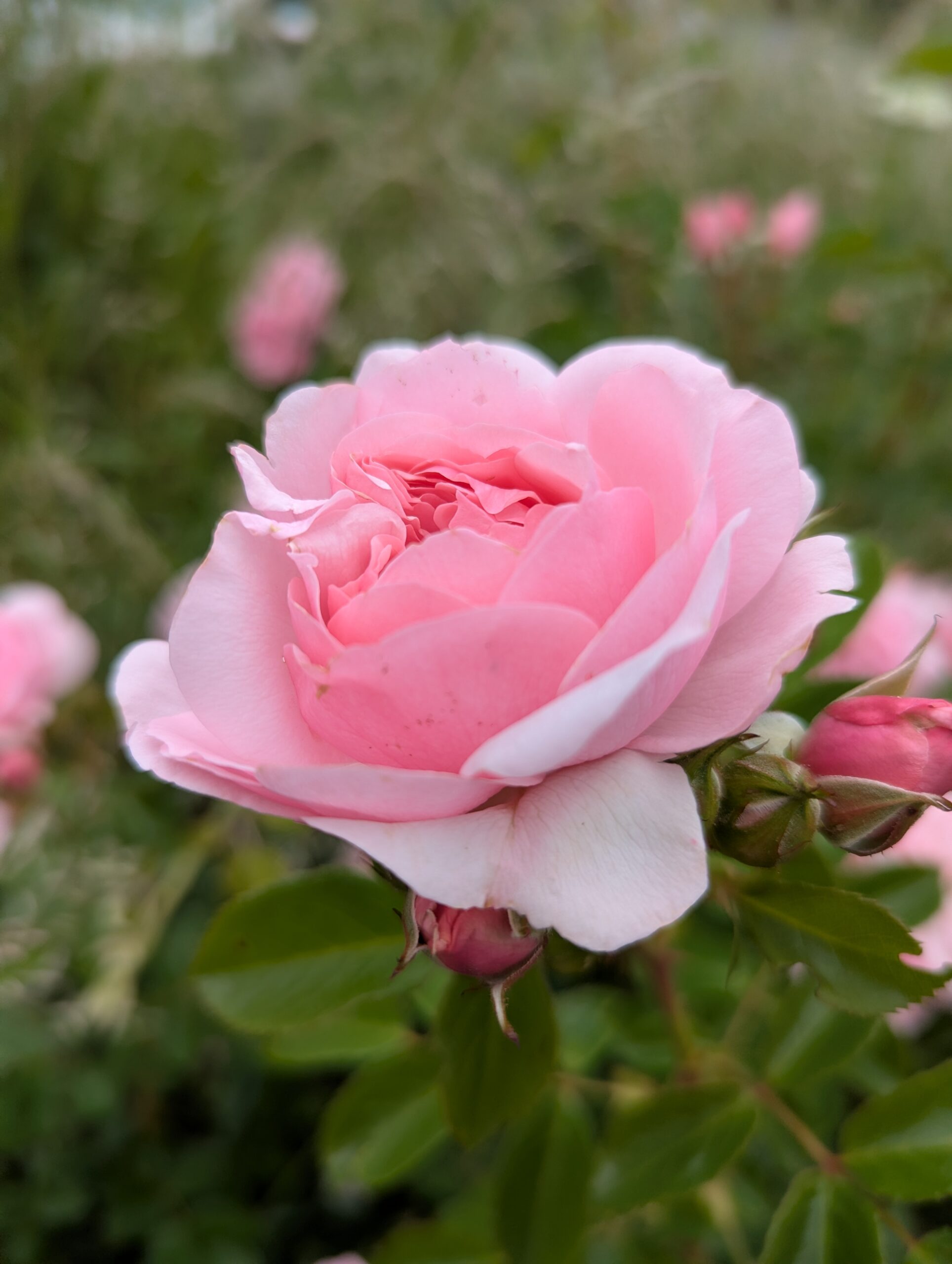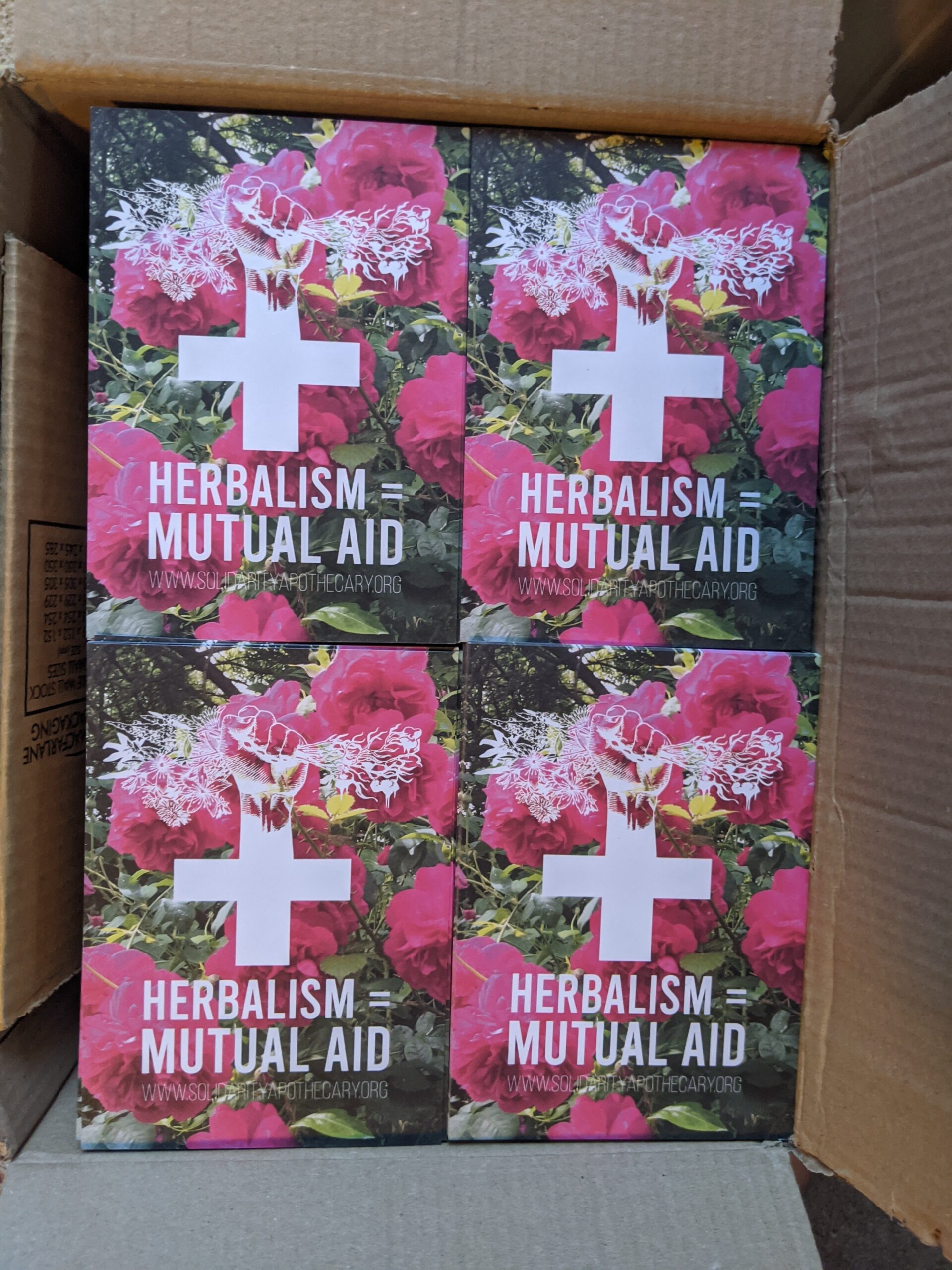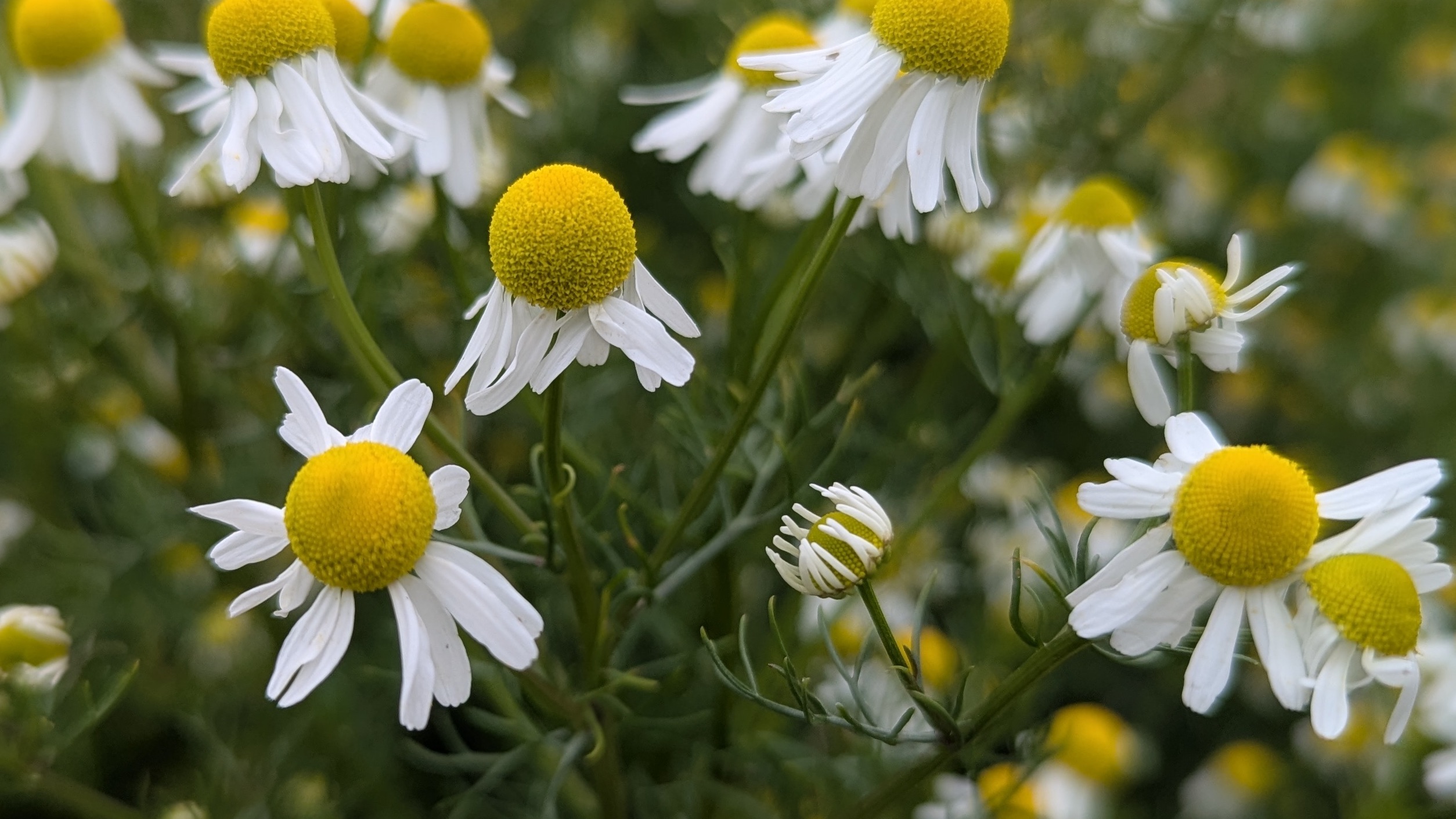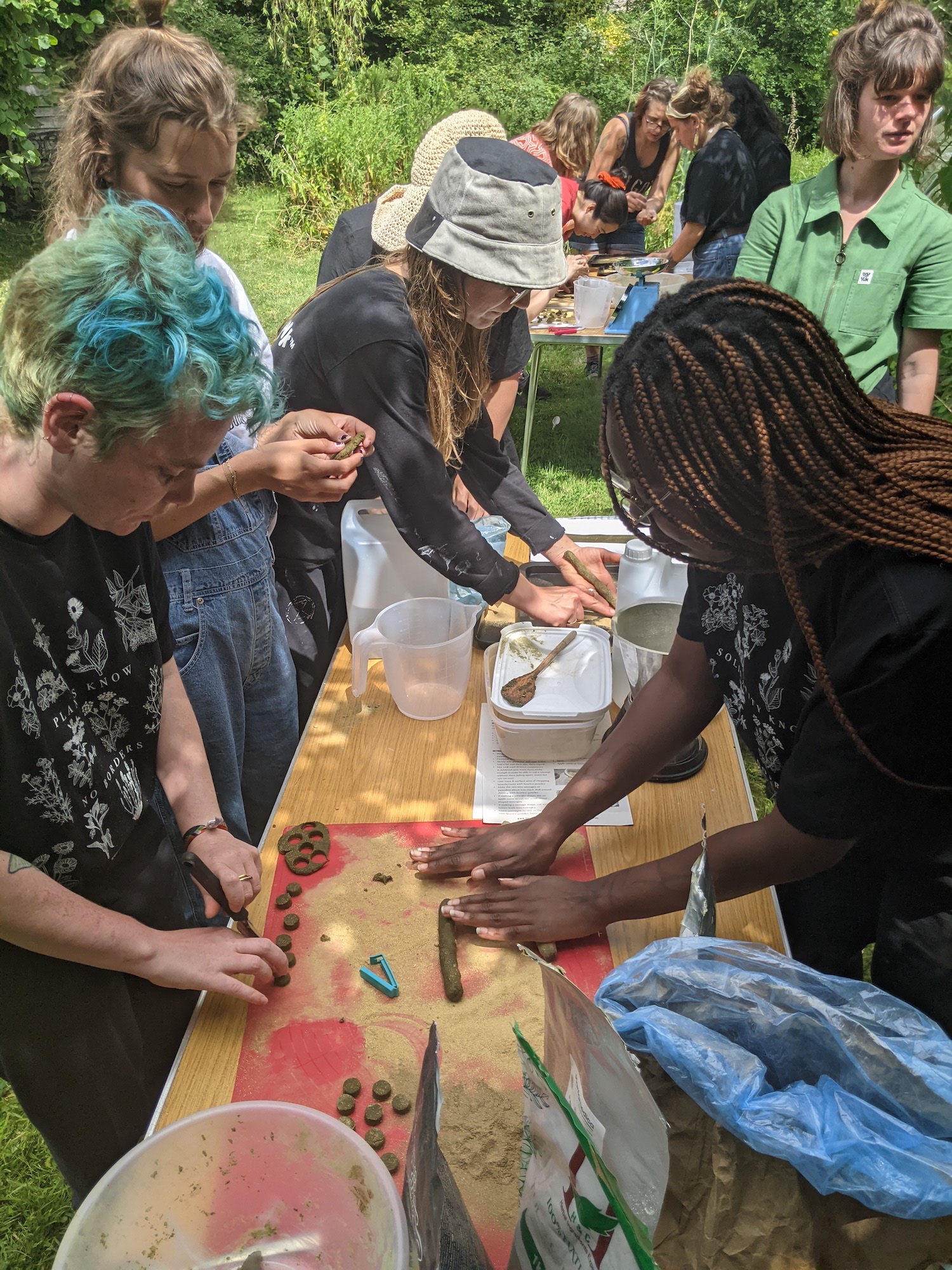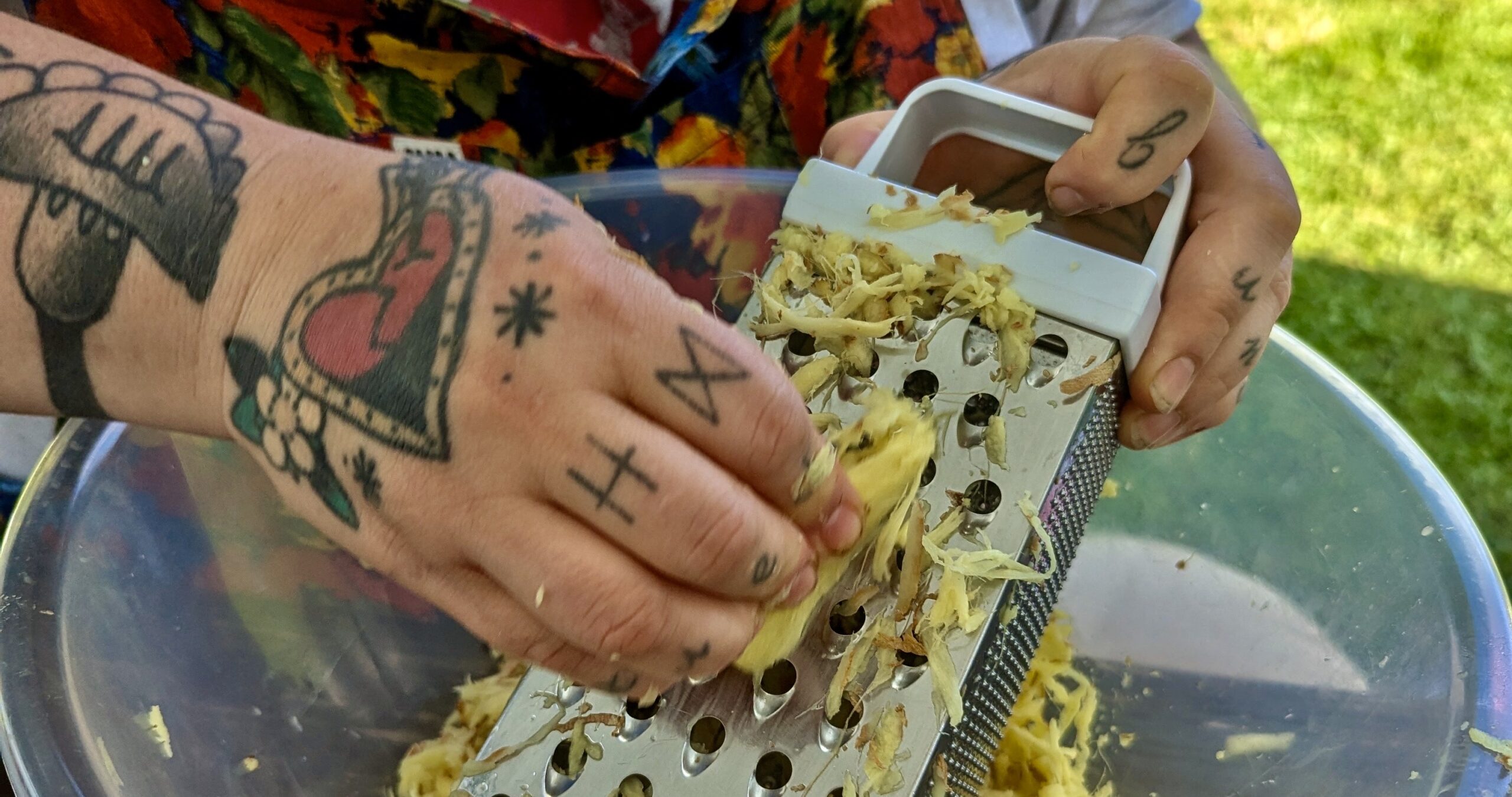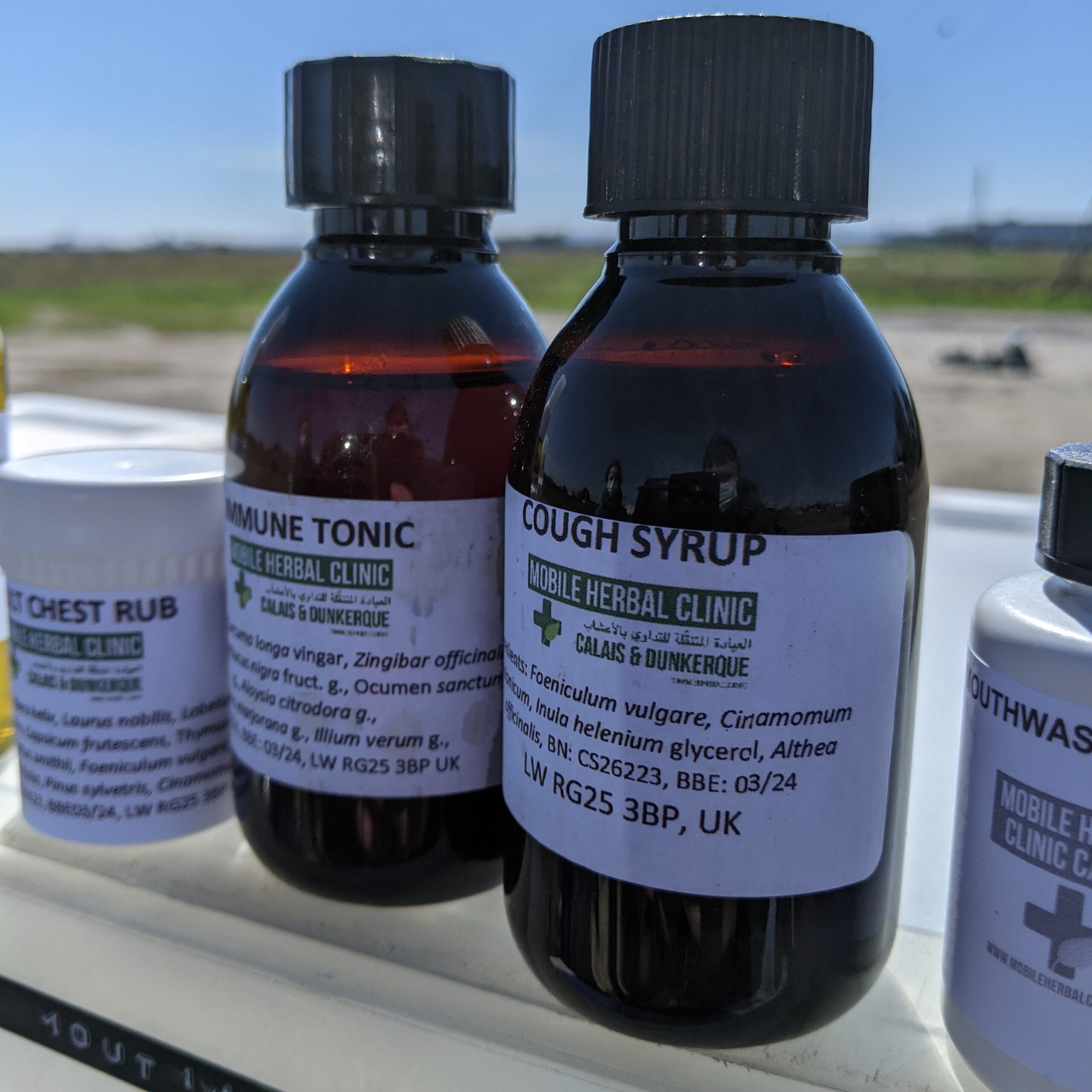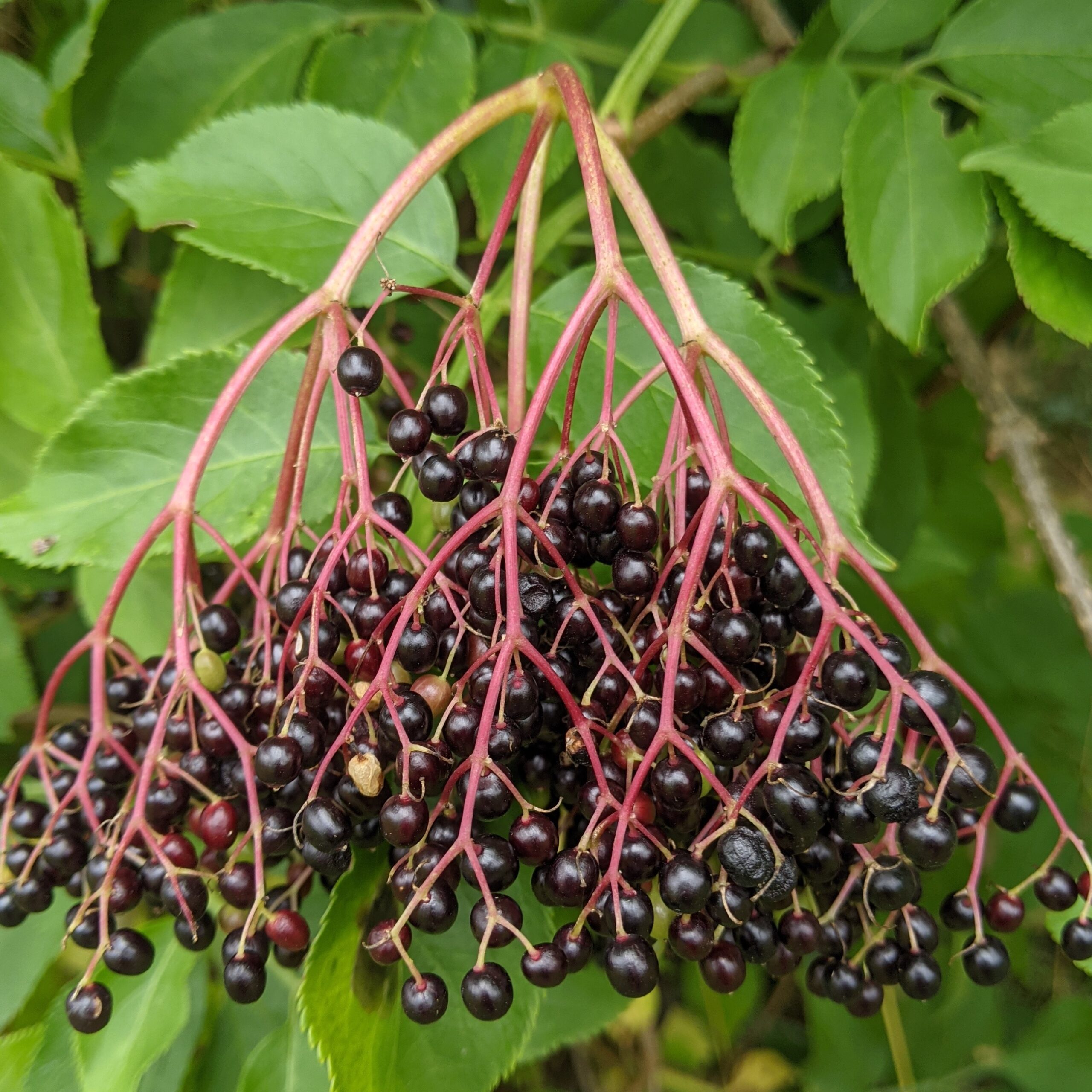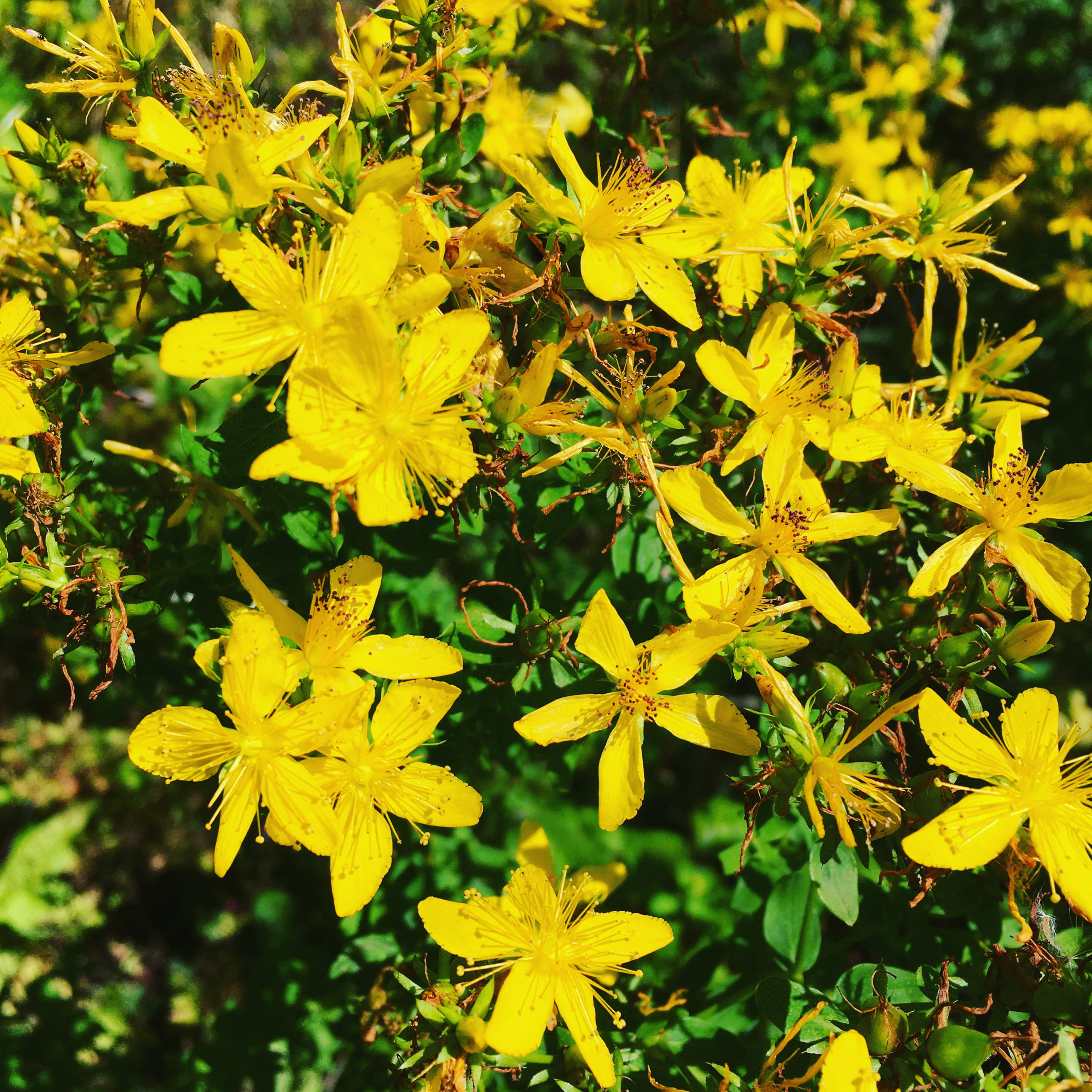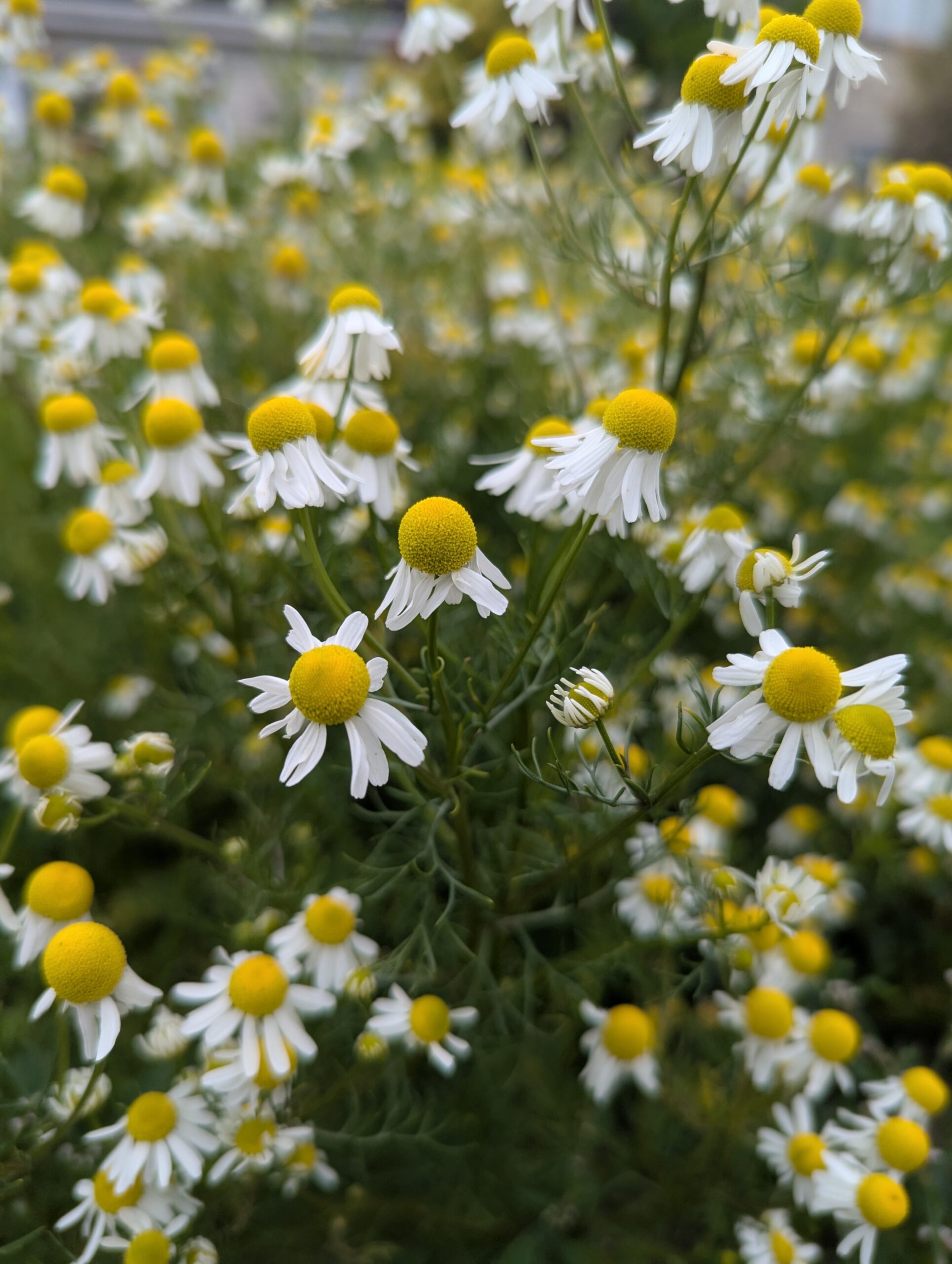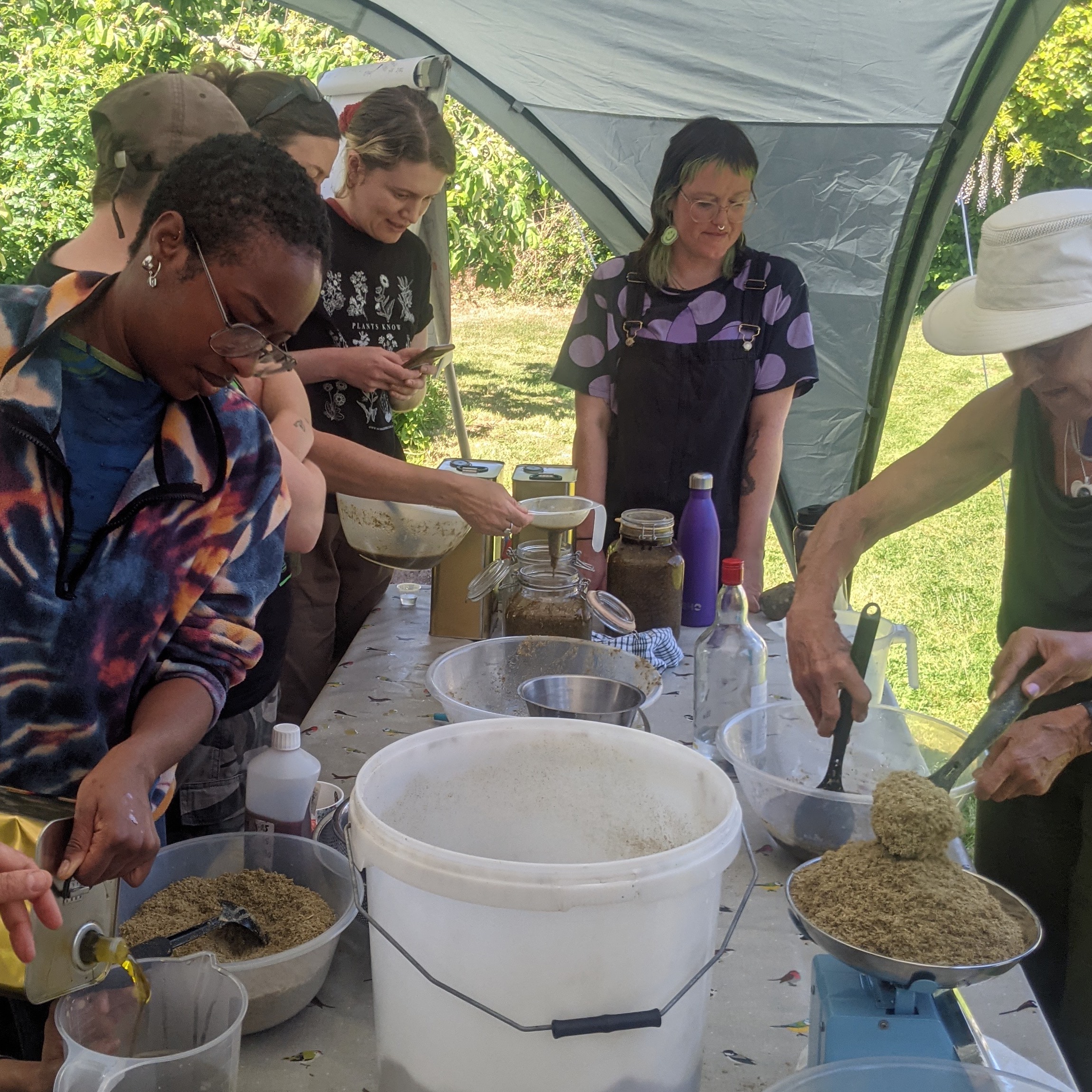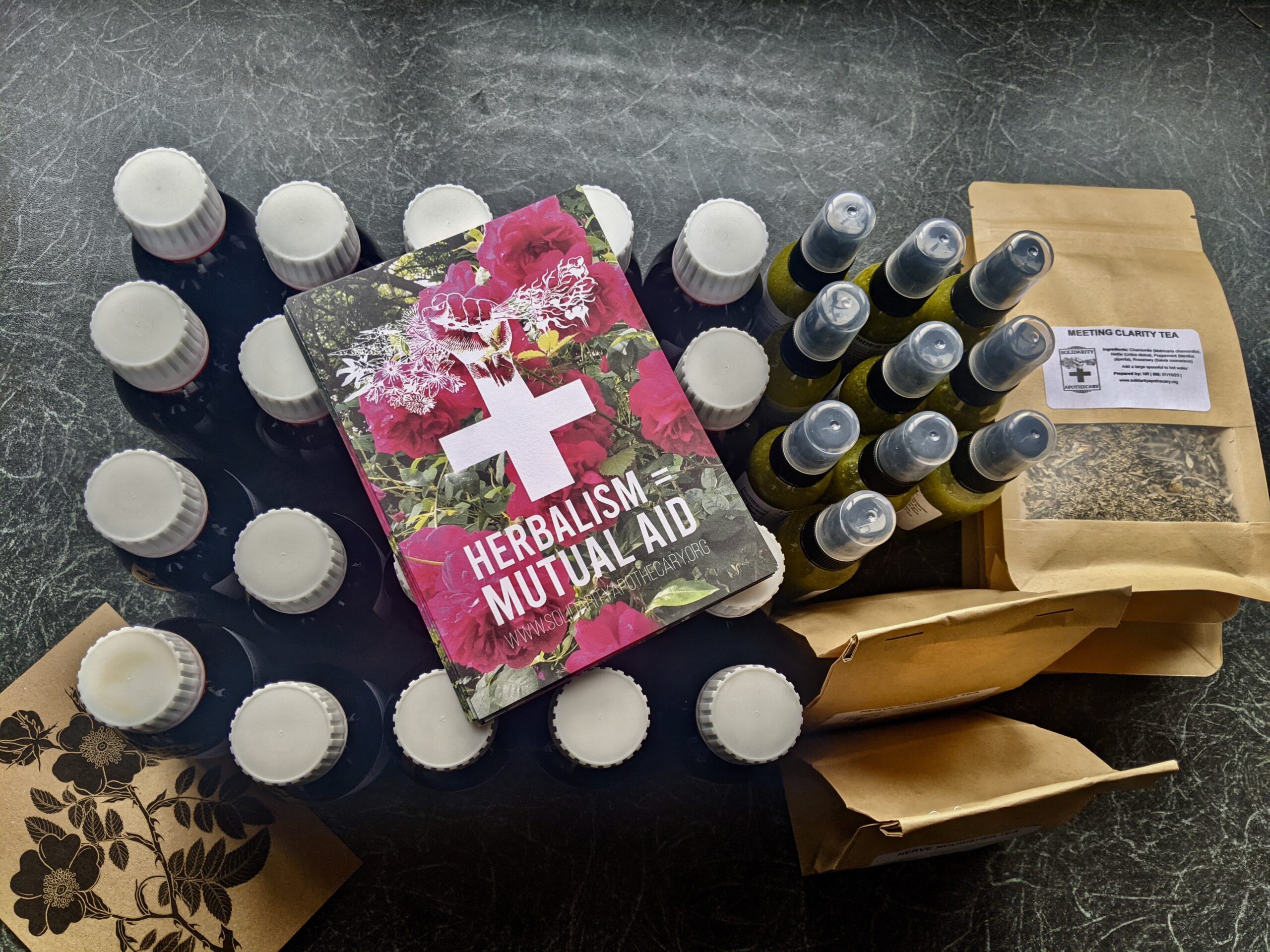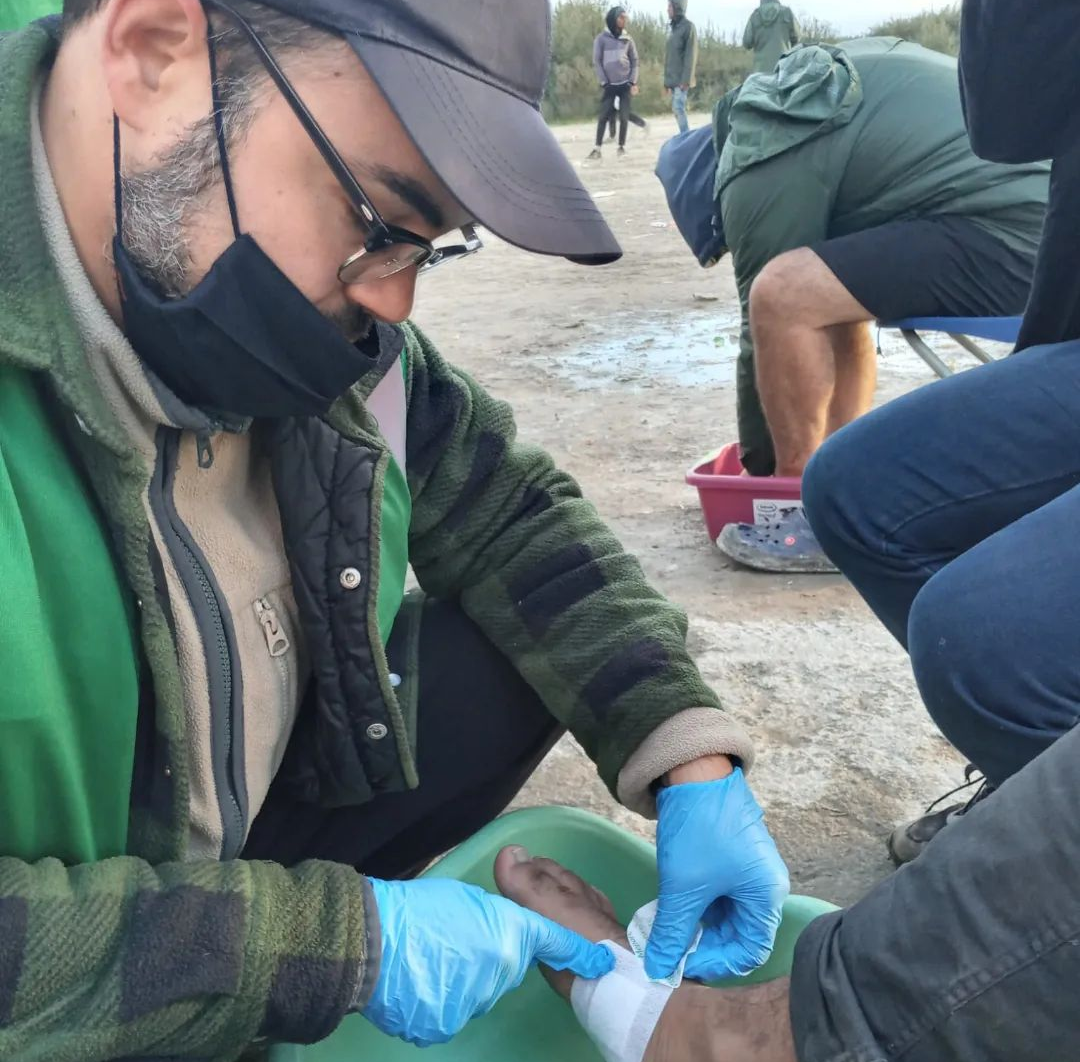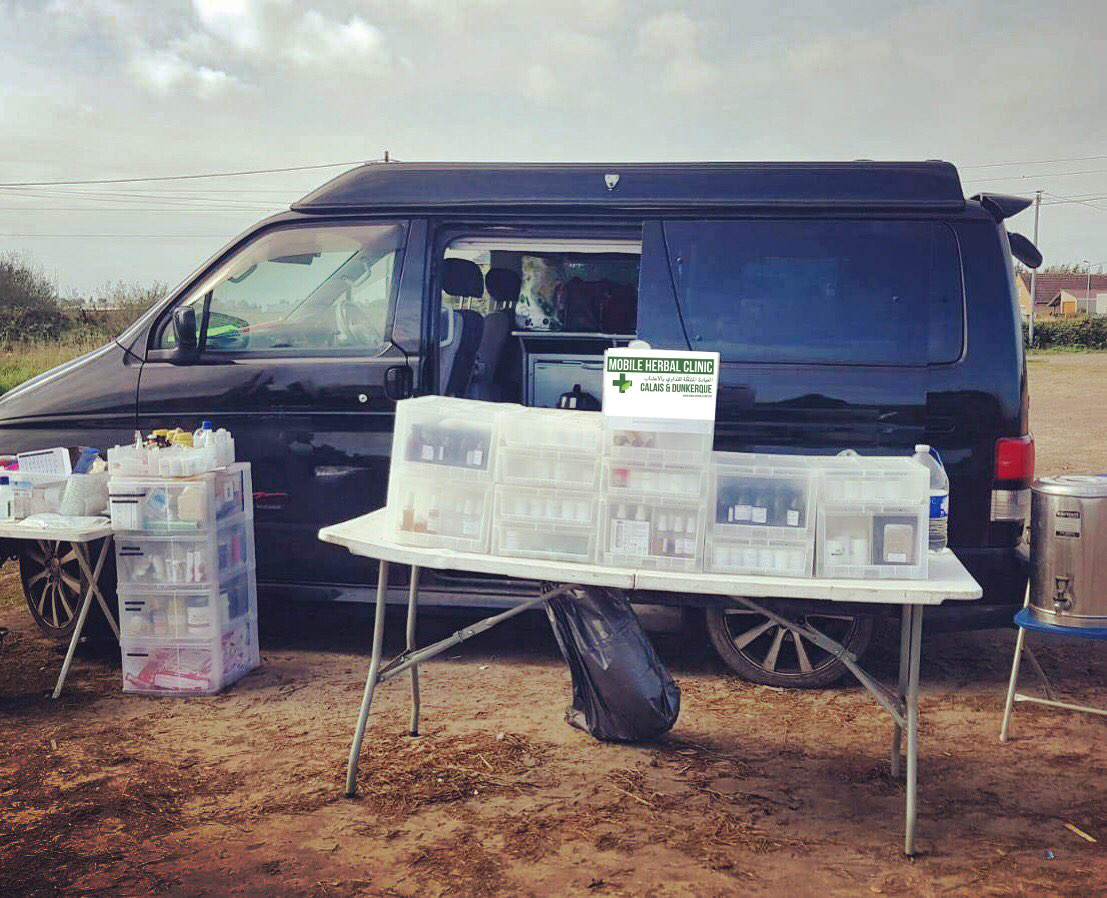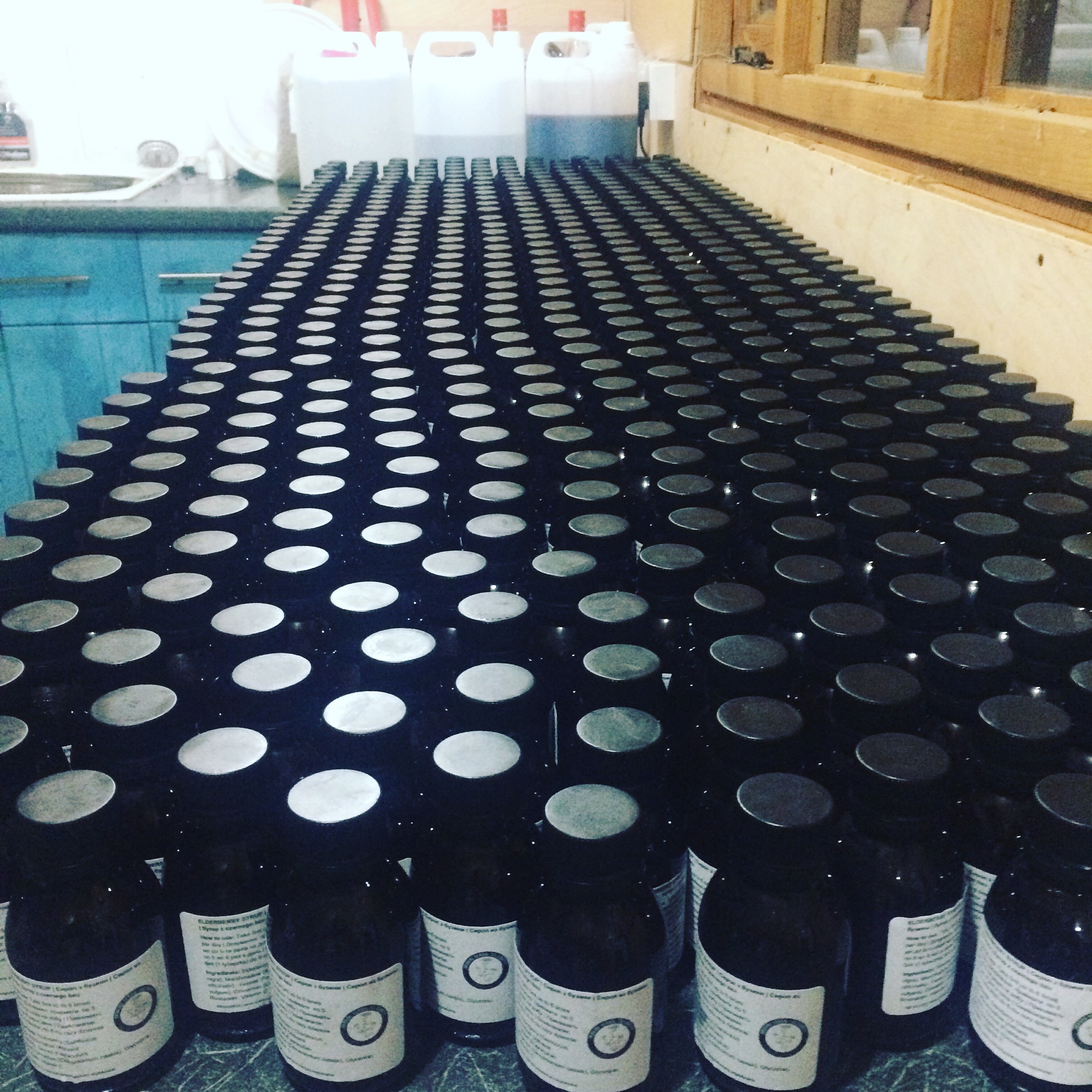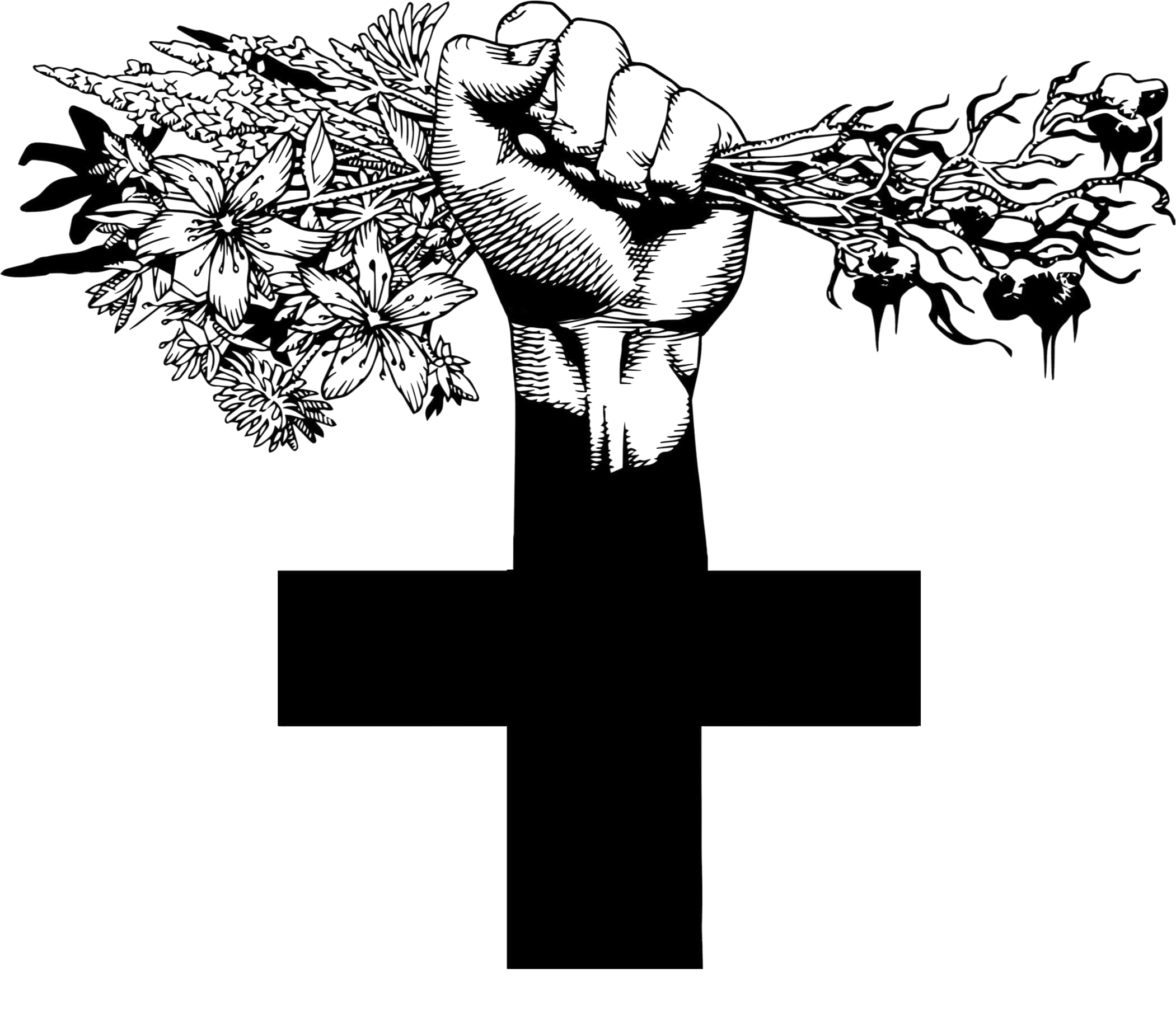Does practising herbalism sometimes feel overwhelming?
You’re not alone. Many herbalists - grassroots, clinical, or community-based - practice deep care and responsibility, but also feel:
- Fear of causing harm
- Imposter syndrome and self-doubt
- Overwhelmed when navigating contraindications and clinical red flags
- Uncertainty around ethical and anti-oppressive practice
You deserve to feel confident, capable, and grounded in your herbal work.
Do No Harm is a comprehensive, practical training designed to help you build a safer, more confident herbal practice rooted in collective care.
Whether you’re working in a clinic, supporting comrades through mutual aid, running a grassroots project, or blending remedies at your kitchen table - or aspiring to - this course was created to support you.
